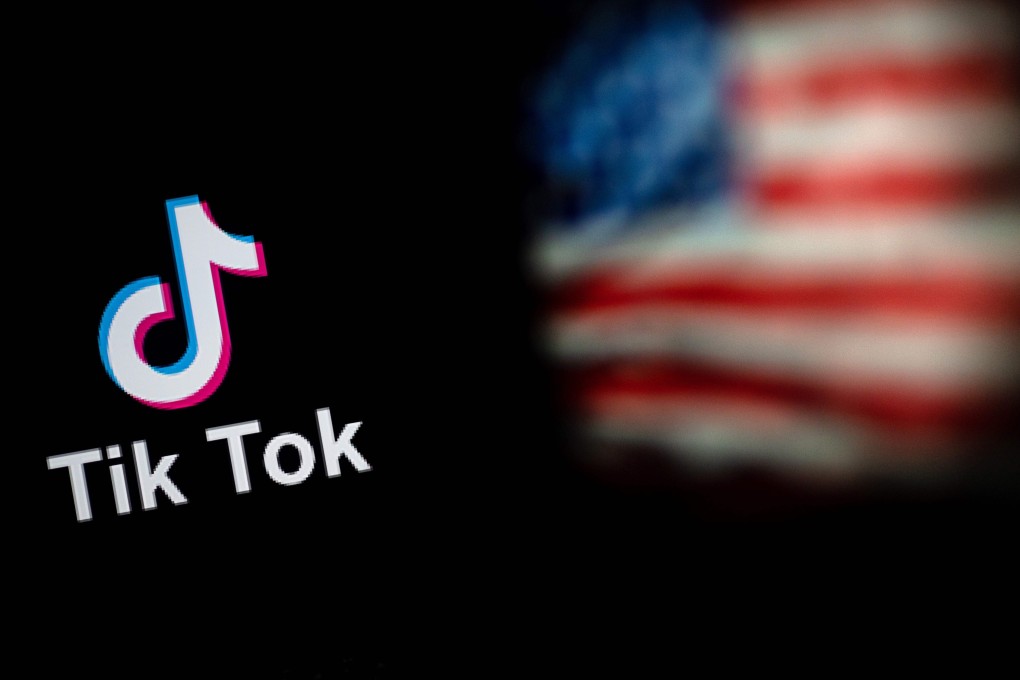TikTok will ask judge to stop broader US ban scheduled for next month
- ByteDance, the video-sharing app’s parent company, is making a series of legal moves in an attempt to keep operating in the United States
- Judge has already ruled that the US government likely overstepped its authority in imposing the ban

TikTok plans to ask a federal judge to suspend a broader ban imposed by the Trump administration that is set to go into effect on November 12.
US District Judge Carl Nichols will hold a hearing on November 2 to decide whether to grant the request by ByteDance, the Chinese-owned video-sharing app’s parent company, so it can continue to operate in the US. ByteDance said in a court filing late on Wednesday that its formal request would be made within two weeks.
In an August 6 executive order, US President Donald Trump said TikTok and WeChat, a Chinese-owned messaging app owned by Tencent, were national security threats because the companies could be required to turn over users’ personal data to Beijing. Both have denied the claim. The executive order set in motion the proposed bans that will take effect in two phases.
ByteDance sued Trump, Commerce Secretary Wilbur Ross and the Department of Commerce on August 24, saying the US offered insufficient evidence to support the security threat claim, and asked the judge to stay the phase one ban.
Nichols, based in Washington, ruled in favour of TikTok on Sunday, granting ByteDance’s request to temporarily stop the ban scheduled to go into effect that day. The ruling allowed new downloads of the app in the US to continue beyond midnight Sunday.